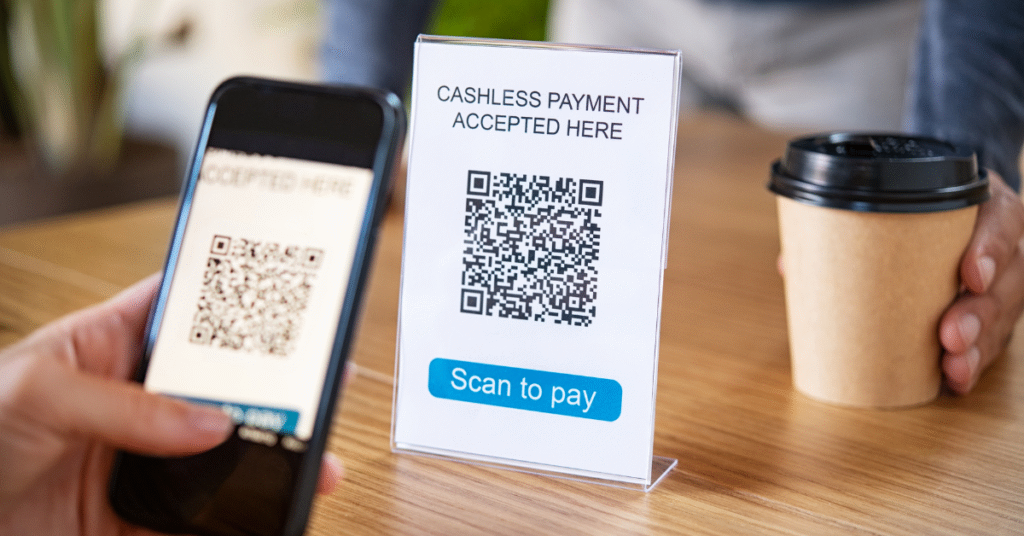
Mumbai, March 20, 2025 —
In just a few years, India has transformed into one of the fastest-growing digital payment economies in the world. With Unified Payments Interface (UPI) transactions crossing billions each month, and digital wallets replacing physical ones, the country is racing toward a cashless future.
But as digital convenience soars, so does a parallel underground economy — one driven by fraud, deceit, and digital manipulation. Online financial scams in India have become a silent epidemic, catching users off guard with increasingly sophisticated tactics.
The Flip Side of Digital Freedom
From paying vegetable vendors to booking cabs and buying groceries — most Indians today tap, scan, or swipe to complete transactions. But the systems built for speed and convenience are being exploited by cybercriminals who know how to manipulate human trust.
The surge in UPI and mobile wallet usage has created new entry points for scammers — from fake payment apps to deepfake customer care videos that mimic real voices and faces.
New-Age Scams You Didn’t See Coming
The face of digital fraud in 2025 is hyper-personalized, AI-driven, and dangerously convincing. Criminals now use:
- Voice-mimicking bots to impersonate bank agents
- Customized phishing links disguised as account verification pages
- Deepfake videos pretending to be app support agents
- QR code traps that reverse payments instead of receiving them
- Fake refund promises that lure users into clicking malicious links
These frauds are no longer random — they’re strategically designed to bypass logic and attack trust.
India’s Financial Toll: The Numbers Are Alarming
According to internal reports shared by the Ministry of Finance, India saw over 25,000 digital payment fraud cases in just the first quarter of 2025. The total reported financial loss crossed ₹1,800 crore, making it the highest-ever figure since UPI’s inception.
While large metro cities like Mumbai, Delhi, and Bengaluru see the highest volumes, Tier-2 and Tier-3 cities are the new soft targets, with fraudsters banking on lower awareness levels.
Real People, Real Pain
Kanchan Yadav, a small-business owner from Lucknow, lost ₹34,000 after she clicked on a fraudulent link claiming to update her Paytm KYC. “The link had the logo, even a helpline number. It all looked legit,” she said, devastated.
Sameer Sheikh, a 62-year-old pensioner from Pune, scanned a QR code sent by a supposed insurance company to process a refund. His bank account was emptied in seconds.
These aren’t exceptions anymore. They’re becoming everyday incidents, hidden behind the convenience of instant payments.
RBI’s Response: Warnings Are Not Enough
The Reserve Bank of India (RBI) has launched multiple awareness campaigns and issued strict compliance advisories to digital payment apps. Measures include:
- Mandatory fraud alert banners inside UPI apps
- Encouraging real-time user verification during high-value transactions
- Promoting AI-powered fraud detection engines within banking systems
- Penalizing apps that do not meet minimum cybersecurity standards
But despite growing regulation, the ground reality remains: Users are still falling for the basics.
6 Critical Safety Practices Every Indian Must Follow
To navigate today’s risky digital landscape, users must evolve their habits:
- Never scan QR codes from unknown sources — you pay, not receive.
- Only download apps from official app stores — clones are everywhere.
- Don’t fall for KYC expiry or verification SMS — call your bank directly.
- Verify customer care numbers from official websites only.
- Avoid saving UPI PINs or card details in unsecured apps.
- Use biometric authentication wherever available for double-layer security.
The Emotional Cost of Digital Fraud
Beyond the monetary losses lies a deeper damage — the erosion of digital trust. Victims often report anxiety, sleeplessness, and embarrassment after falling prey to fraud. For elderly users and first-time digital adopters, a single incident is enough to permanently move them back to cash.
If we fail to protect people emotionally and financially, we risk halting the very momentum that powers Digital India.
Final Word: The Future Is Digital — But It Must Also Be Secure
India’s digital revolution has democratized finance like never before. But the same platforms that empower the masses are being weaponized by those looking to exploit them. As citizens, businesses, and regulators — our challenge now is to stay one step ahead.
Awareness is no longer optional — it is digital survival.
Because every click matters, and in today’s world, a simple scan can either simplify your life or cost you everything.
Stay tuned to ibizzworld for more updates.







